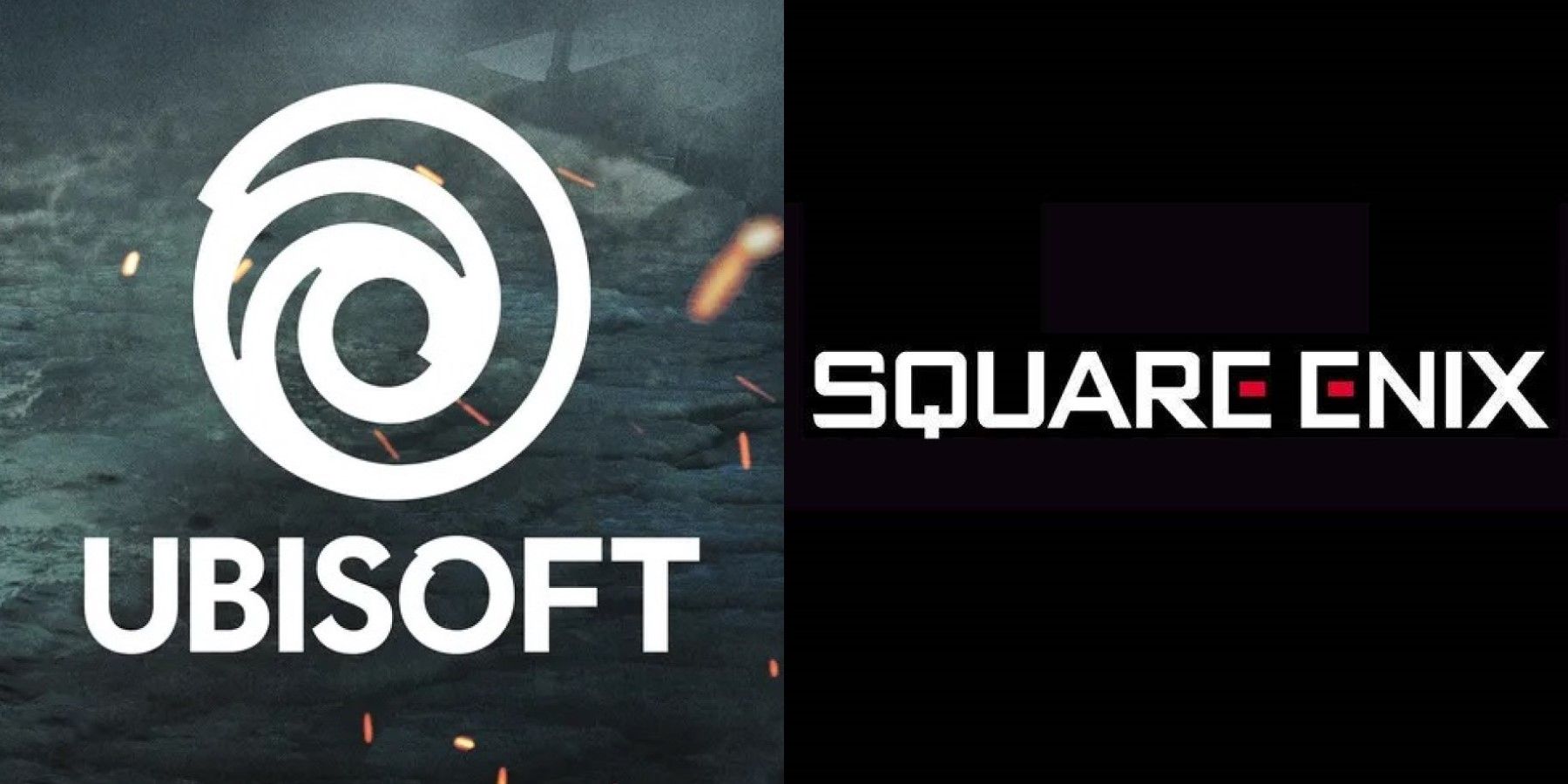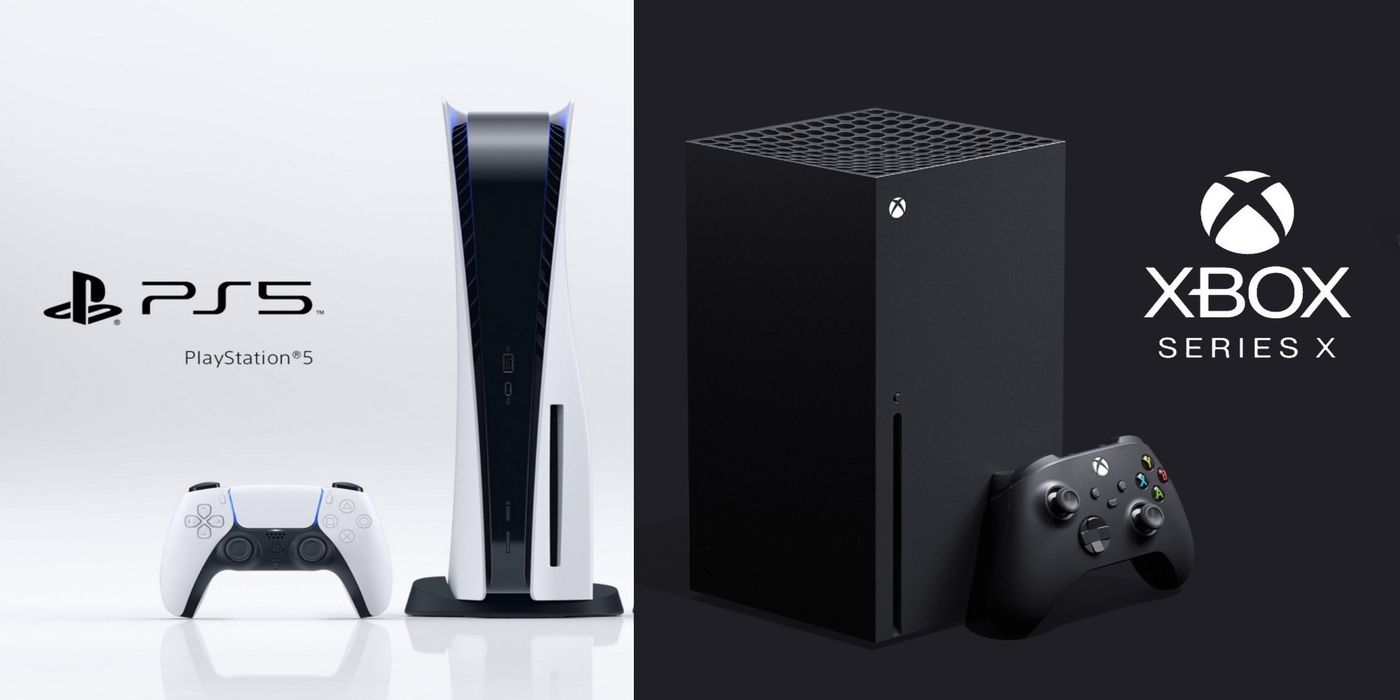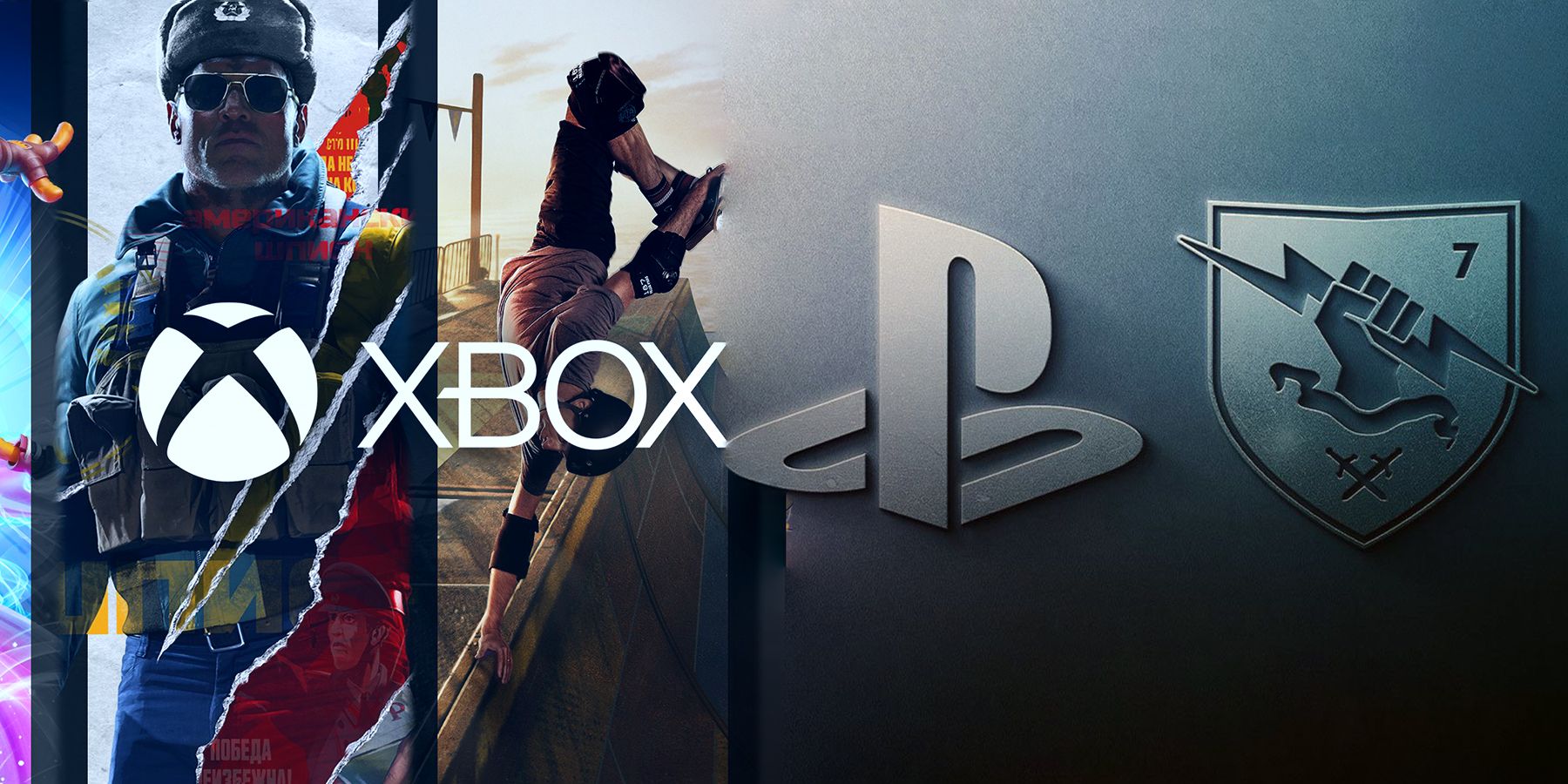Acquisitions have been frequent in gaming in recent years, and the price tags attached to these purchases are only inflating. With its deep pockets, Microsoft has been able to acquire Zenimax Media (which owns Bethesda Games) for $7.5 billion, and Activision Blizzard for close to $69 billion. Sony has also been doing a fair bit of shopping, and it has expanded the line of PlayStation first-party studios to include Bungie for $3.6 billion, as well as Haven, Bluepoint, and Housemarque, to name a few. If reports are to be believed, the wave of acquisitions is far from over, and companies being eyed up include Ubisoft and Square Enix.
There are many arguments to be made for why a Sony acquisition of Square Enix makes sense, and the acquisition of Ubisoft might help to breathe new life into the company. However, the potential acquisition of these large gaming companies may be more of a curse than a gift for gamers, and it could trigger some destructive trends. Power consolidation can dampen creativity and innovation, and more acquisitions could mean a further fractured gaming community.
Power Consolidation in Gaming Could be Dangerous
Although there are fairly big players that exercise large control, the gaming landscape is a fairly varied one featuring a market that caters to games at every production level, from single-person team indie titles to multimillion dollar AAA releases. By having several studios and publishers working independently, gamers can enjoy a diversity of ideas and innovations. Furthermore, studios are forced to compete against each other, and it is this competition that disallows stagnancy and fosters constant improvement.
With big players such as Microsoft, Sony, and Take-Two Interactive acquiring studios, it could lead to the loss of diversity within gaming. Furthermore, with more studios under the same umbrella, competition will be reduced, which may give studios less incentive to innovate and improve. Most notably, a power consolidation spells bad news for the remaining indie studios who may find themselves more isolated. When up against giants who are only growing bigger and have a seemingly insatiable appetite, the future for indie studios may be to be acquired or die.
The Gaming Community Could be Left Fractured
In recent years, connectivity between platforms and global gaming markets has been steadily increasing. Albeit at a glacial pace, more games have been adopting cross-platform multiplayer support, allowing once separate communities to merge. Furthermore, console manufacturers have warmed up to the idea of cross-platform releases for once-exclusive titles. This has been seen most prominently with Sony which has been steadily porting some of its most iconic IPs to PC, including Horizon Zero Dawn, Days Gone, and Uncharted 4: Legacy of Thieves, which is set to release in 2022.
Continued acquisitions could see a reversal of this trend as companies attempt to consolidate power. Hints of this have already been seen following Microsoft's recent acquisitions which have resulted in Bethesda's Starfield and Ninja Theory's Senua's Saga: Hellblade 2 becoming Xbox exclusives. Acquisitions are done, among other reasons, to draw gamers to a certain platform, and exclusives are one of the ways gaming companies achieve this. While this may be economically attractive for gaming companies, it can end up being a raw deal for gamers who are left with a fractured community split between platforms.
It has yet to be confirmed whether Ubisoft or Square Enix will be getting acquired. However, the idea of yet more large publishers getting snatched up is unsettling. Though there is potential for plenty of good to come from further acquisitions, it may not pan out well for gamers and the gaming industry in the long term.



